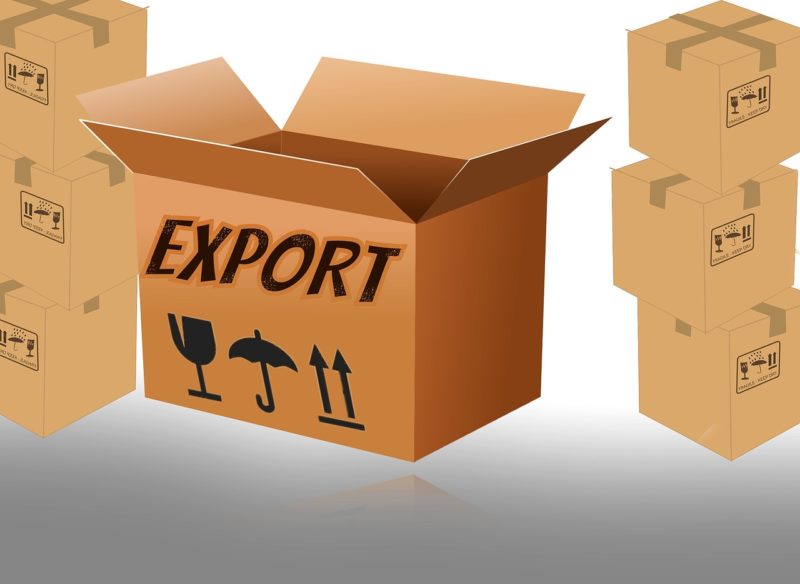Weak pound boosts North West exports but input costs are rising
The latest Lloyds Bank PMI report for the North West shows that business activity in the region increased at the quickest rate since August 2014 at the start of the fourth quarter. Tony McDonough reports.

Businesses in the North West are continuing to bounce back following the Brexit vote – with the weak pound boosting exports.
The latest Lloyds Bank PMI report for the North West shows that business activity in the region increased at the quickest rate since August 2014 at the start of the fourth quarter.
A boost in new orders led to the rise in activity during October, with companies reporting the sharpest increase in new business in more than two-and-a-half-years.
This is largely due to the weak pound, which has resulted in greater international demand, the report says.
Private sector firms also hired more staff for the first time in three months during October, with the rate of job creation outstripping the UK average.
However, the weakness of sterling continued to drive up costs, and businesses’ input prices rose at the sharpest rate in five-and-a-half-years.
The Lloyds PMI – or purchasing managers’ index – registered 58.4 in October, up from 53.8 in September. The latest reading was also above the UK average.
A reading of above 50 signifies expansion in business activity, while a reading below signals contraction.
Martyn Kendrick, regional director for SME Banking in the North West, said: “The start of the final quarter saw the North West private sector economy move up a gear.
“Activity growth picked up to a 26-month high, partly driven by an increase in international demand stemming from the weakness of the pound, and employment growth resumed for the first time in three months.
“However, businesses’ costs increased at the quickest rate in five-and-a-half years, leading to a strong rise in average prices charged.”

